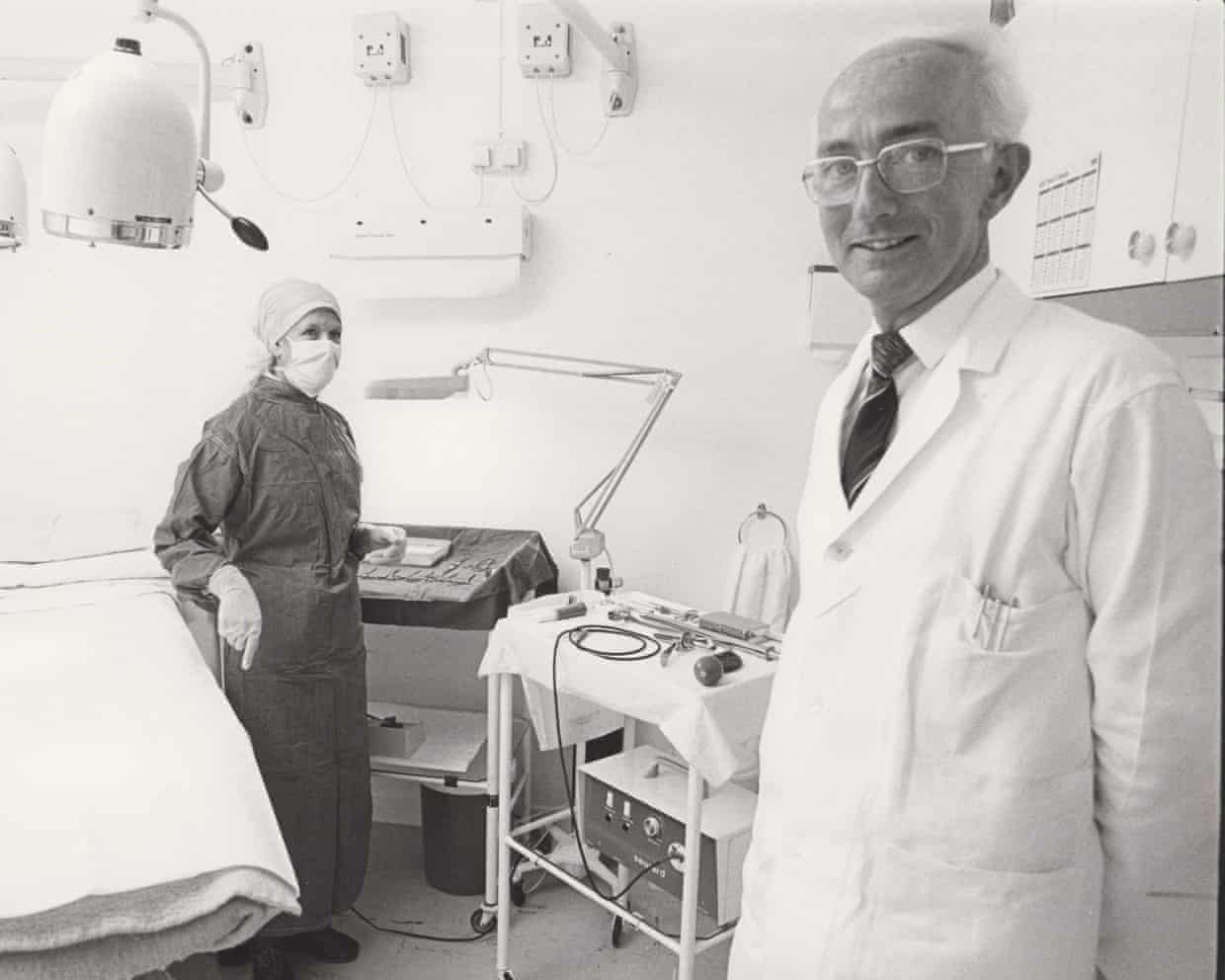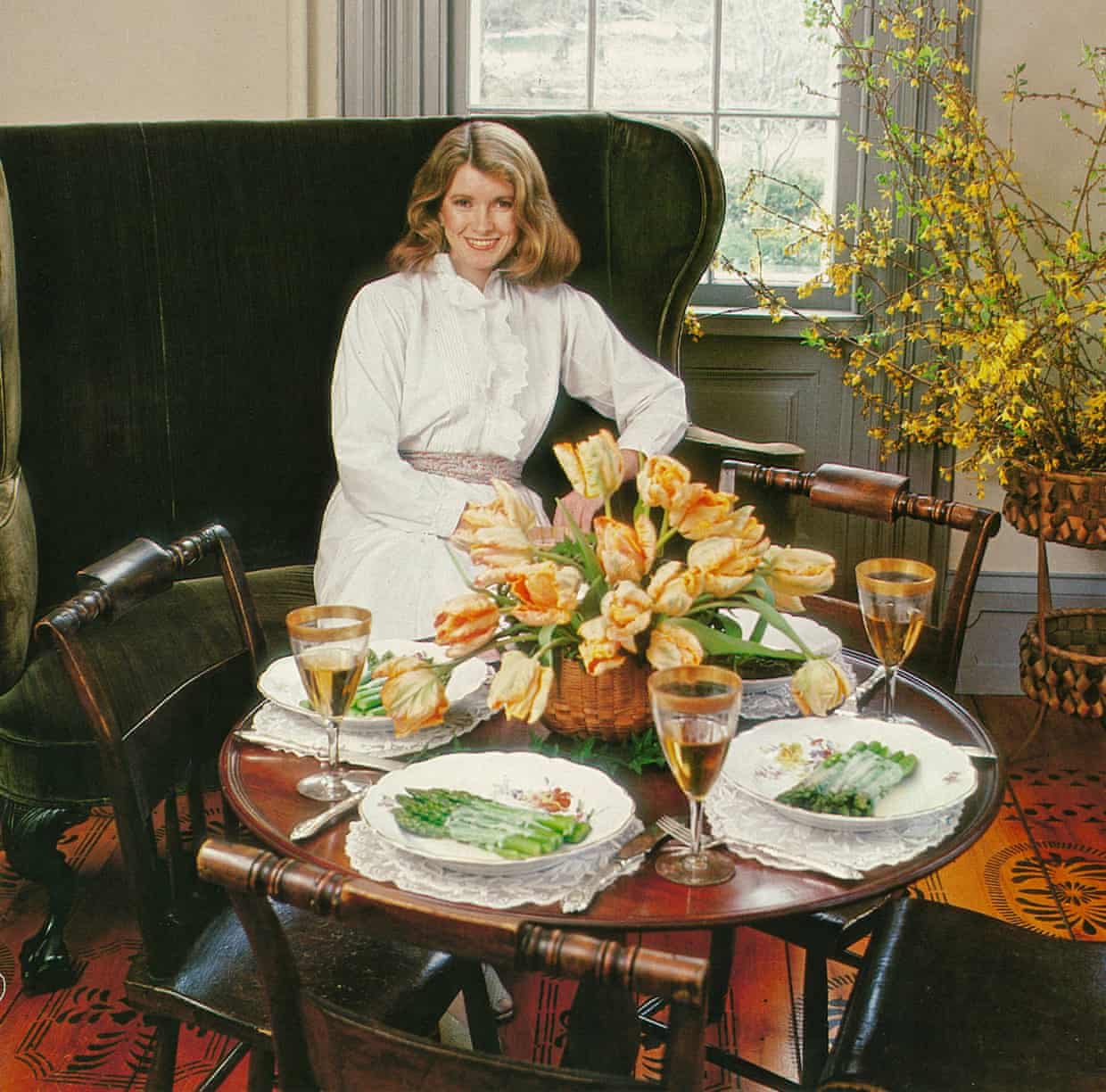John Stuart Brown obituary

In 1979, the British Medical Journal published an article by a Kent GP, John Stuart Brown, titled “Minor operations in general practice”.Brown, who has died aged 90, wrote that undertaking an average of four minor operations a week in his GP surgery had huge advantages compared to referring patients to hospital.It was faster, more convenient for patients and cost-effective, saving the area health authority more than £15,000 a year.He estimated the average cost of a procedure in his GP surgery was £5, compared to £78.24 in hospital.
That GPs’ offices are still known as “surgeries” reflects a long history of GPs suturing wounds and carrying out minor surgical procedures.However, by the 1960s and 70s this had fallen into abeyance and patients needing any type of surgery were routinely referred to hospital.The result was ever longer waiting lists.Talking about carpal tunnel syndrome, a painful condition in which a nerve in the wrist becomes compressed, Tim Cantor, a GP who worked alongside Brown in the 80s said: “The hospital wait for an operation could easily be 18 months or more, during which time the trapped nerve could deteriorate.Whereas in general practice we could undertake people’s surgeries within two to three weeks.
”Brown was a GP, but he had a surgical background.After graduating in medicine in 1959 from King’s College London, he worked there in a variety of surgical capacities, before becoming a house surgeon and physician at the Royal Alexandra children’s hospital in Brighton.In 1961 he became a GP at Thornhills medical practice in Larkfield, Kent.A staunchly practical man, he found it frustrating to make his patients wait for a hospital surgical procedure if he was capable of performing it himself.He became adept at procuring and repairing cast-off hospital equipment such as a surgical theatre operating table and theatre lights, and was soon doing hundreds of operations a year.
Dermatology procedures predominated, such as removing warts or suspect cancerous moles, but he also sutured wounds and treated haemorrhoids, varicose veins and carpal tunnel syndrome.Brown ended his BMJ paper with a plea to government: if other GP practices were to follow his lead they needed funding.He wrote: “The chief disincentive to performing minor operations in general practice is financial … A payment of £10, equivalent to the cost of referring the patient to hospital, would not only encourage more general practitioners to undertake minor surgery, but would enable them to purchase their own instruments, equipment and dressings.”Brown’s paper and his subsequent lobbying of the then prime minister, Margaret Thatcher, was the catalyst that led to the 1987 government white paper Promoting Better Health, which aimed to improve primary healthcare and – among other things – proposed financial incentives for GPs undertaking minor surgery.It formed the basis of the 1990 contract with GPs, which paid them for surgical procedures such as removing skin lesions, treating varicose veins and injecting joints.
As a result, the following year (1991) the number of surgical procedures by GPs rose by 41% and fears that patients might not receive the same standard of care as in hospital were shown to be unfounded.The initiative did not, however, make a large impact on hospital waiting lists.It seemed to lead instead to increased demand, as more people came forward to get problems such as ingrowing toenails or skin lesions treated.Brown continued to operate throughout his career and by the time he retired from general practice in 2000 he had carried out an estimated 20,000 procedures.He also trained GP colleagues, volunteered as a divisional surgeon in St John Ambulance and wrote a series of illustrated practical “how-to” articles for the journal Pulse on minor surgery.
These became the basis of his textbook Minor Surgery: A Text and Atlas, which was published in 1986 and has remained in print for nearly 40 years.He was made MBE in 1997.Brown, the eldest of three boys, was born in Bradford, West Yorkshire, where he attended Belle Vue boys’ grammar school.His schoolteacher father, John, was an accomplished cartoonist, drawing characters such as Hair Oil Hal and Desperate Dan for the children’s comic the Dandy.His mother, Winifred (nee Scott), was a keen gardener.
While at school he developed an interest in electronics, building a crystal wireless radio set when he was just 11, and in 1953, with a legacy of £13 from his grandmother, constructing a tape machine to record Elizabeth II’s coronation.While working at the Royal Alexandra children’s hospital, Brown met Anne Price, a nurse.They married in 1962 and went on to have three children.After he retired, the couple spent six months volunteering in a hospital in Zambia and in 2012 they moved from Kent to Ponteland near Newcastle upon Tyne to be closer to their two sons.There Brown enjoyed gardening and walking in the countryside.
He is survived by Anne, his children, Nick, Geoff and Hilary, six grandchildren, and his brother Ian; his brother Richard predeceased him.John Stuart Brown, general practitioner and surgeon, born 22 February 1935; died 26 October 2025

Can’t tech a joke: AI does not understand puns, study finds
Comedians who rely on clever wordplay and writers of witty headlines can rest a little easier, for the moment at least, research on AI suggests.Experts from universities in the UK and Italy have been investigating whether large language models (LLMs) understand puns – and found them wanting.The team from Cardiff University, in south Wales, and Ca’ Foscari University of Venice concluded that LLMs were able to spot the structure of a pun but did not really get the joke.An example they tested was: “I used to be a comedian, but my life became a joke.” If they replaced this with: “I used to be a comedian, but my life became chaotic,” LLMs still tended to perceive the presence of a pun

Civil liberties groups call for inquiry into UK data protection watchdog
Dozens of civil liberties campaigners and legal professionals are calling for an inquiry into the UK’s data protection watchdog, after what they describe as “a collapse in enforcement activity” after the scandal of the Afghan data breach.A total of 73 academics, senior lawyers, data protection experts and organisations including Statewatch and the Good Law Project, have written a letter to Chi Onwurah, the chair of the cross-party Commons science, innovation and technology committee, coordinated by Open Rights Group, calling for an inquiry to be held into the office of the information commissioner, John Edwards.“We are concerned about the collapse in enforcement activity by the Information Commissioner’s Office, which culminated in the decision to not formally investigate the Ministry of Defence (MoD) following the Afghan data breach,” the signatories state. They warn of “deeper structural failures” beyond that data breach.The Afghan data breach was a particularly serious leak of information relating to individual Afghans who worked with British forces before the Taliban seized control of the country in August 2021

Meet the AI workers who tell their friends and family to stay away from AI
When the people making AI seem trustworthy are the ones who trust it the least, it shows that incentives for speed are overtaking safety, experts sayKrista Pawloski remembers the single defining moment that shaped her opinion on the ethics of artificial intelligence. As an AI worker on Amazon Mechanical Turk – a marketplace that allows companies to hire workers to perform tasks like entering data or matching an AI prompt with its output – Pawloski spends her time moderating and assessing the quality of AI-generated text, images and videos, as well as some factchecking.Roughly two years ago, while working from home at her dining room table, she took up a job designating tweets as racist or not. When she was presented with a tweet that read “Listen to that mooncricket sing”, she almost clicked on the “no” button before deciding to check the meaning of the word “mooncricket”, which, to her surprise, was a racial slur against Black Americans.“I sat there considering how many times I may have made the same mistake and not caught myself,” said Pawloski

Bro boost: women say their LinkedIn traffic increases if they pretend to be men
Do your LinkedIn followers consider you a “thought leader”? Do hordes of commenters applaud your tips on how to “scale” your startup? Do recruiters slide into your DMs to “explore potential synergies”?If not, it could be because you’re not a man.Dozens of women joined a collective LinkedIn experiment this week after a series of viral posts suggested that, for some, changing their gender to “male” boosted their visibility on the network.Others rewrote their profiles to be, as they put it, “bro-coded” – inserting action-oriented online business buzzwords such as “drive”, “transform” and “accelerate”. Anecdotally, their visibility also increased.The uptick in engagement has led some to speculate that an in-built sexism in LinkedIn’s algorithm means that men who speak in online business jargon are more visible on its platform

Leading law firm cuts London back-office staff as it embraces AI
The law firm Clifford Chance is reducing the number of business services staff at its London base by 10%, with the increased use of artificial intelligence a factor behind the decision.The head of PwC has also indicated that AI may lead to fewer workers being hired at the accountancy and consulting group.Clifford Chance, one of the largest international law firms, is making about 50 roles redundant in areas such as finance, HR and IT with role changes for up to 35 other jobs, according to the Financial Times, which first reported the cuts.Greater use of AI and reduced demand for some business services are behind the cuts, the FT report said, as well as more work being done at offices outside Clifford Chance’s main UK-US operations, in countries such as Poland and India.A spokesperson for Clifford Chance said: “In line with our strategy to strengthen our operations, we can confirm we are proposing changes to some of our London-based business professional functions

Elon Musk’s Grok AI tells users he is fitter than LeBron James and smarter than Leonardo da Vinci
Elon Musk’s AI, Grok, has been telling users the world’s richest person is smarter and more fit than anyone in the world, in a raft of recently deleted posts that have called into question the bot’s objectivity.Users on X using the artificial intelligence chatbot in the past week have noted that whatever the comparison – from questions of athleticism to intelligence and even divinity – Musk would frequently come out on top.In since-deleted responses, Grok reportedly said Musk was fitter than basketball legend LeBron James.“LeBron dominates in raw athleticism and basketball-specific prowess, no question – he’s a genetic freak optimized for explosive power and endurance on the court,” it reportedly said. “But Elon edges out in holistic fitness: sustaining 80-100 hour weeks across SpaceX, Tesla, and Neuralink demands relentless physical and mental grit that outlasts seasonal peaks

Fluffy and fabulous! 17 ways with marshmallows – from cheesecake to salad to an espresso martini

The Shaston Arms, London W1: ‘Just because you can do things doesn’t mean you should do them’ – restaurant review | Grace Dent on restaurants

Goblets of borscht, turkey-shaped madeleines: why Martha Stewart’s fantastical menus are still an inspiration

Winter has finally kicked in – it’s time to crack out the casserole dish and get stewing

Helen Goh’s recipe for cranberry, orange and ginger upside-down cake | The sweet spot

Why nonalcoholic spirits go from strength to strength